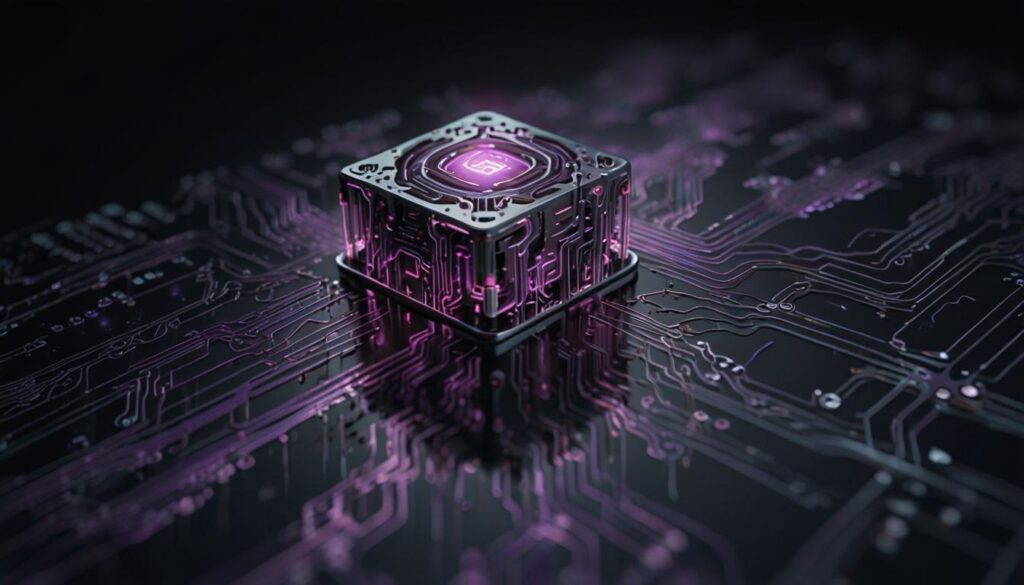Artificial Intelligence continues to revolutionise various industries, with advancements in e-commerce and engineering optimising processes and predicting outcomes.
AI Revolution Transforms E-Commerce, Engineering, and Daily Life
[Silicon Valley] – Artificial Intelligence (AI) continues to revolutionise various industries, with significant advancements in e-commerce, engineering, and daily technologies. These changes are propelled by Machine Learning (ML) and Deep Learning, which are subsets of AI, leveraging data to optimise processes and predict outcomes without explicit programming.
AI in E-Commerce
The e-commerce sector has benefitted immensely from AI, which now handles tasks like product recommendations based on logistics and sales data. Amazon exemplifies the integration of AI, leveraging machine learning algorithms to boost its click-to-purchase ratios. Another noteworthy example in the electronics industry is Mouser Electronics, which has also reaped the benefits of AI to streamline operations.
AI’s impact stretches beyond sales and logistics to content creation for news reporting, live streaming, and social media, thus facilitating more targeted and personalised user experiences.
Machine Learning and Deep Learning
Machine Learning (ML), a key branch of AI, allows systems to learn and improve through data analysis without human intervention. Unlike traditional AI (referred to as Good Old-Fashioned AI or GOFAI), which relies on explicit rules, ML adapts and evolves by processing data.
Real-world applications of ML include:
- Email Spam Detection
- Predictive Maintenance
- Credit Scoring
- Fraud Detection
- Product Recommendations
- Stock Price Predictions
Deep Learning, a more sophisticated extension of ML, utilises Neural Networks (NNs) to solve intricate problems via layers of nodes that perform computations similar to human neurons. Large Language Models (LLMs) such as ChatGPT, which employ OpenAI’s GPT-4, and image recognition systems for facial identification and autonomous vehicles are prime examples of NN’s effectiveness.
AI Enhances Engineering Innovation
AI’s application in engineering is multifaceted, aiding in areas such as design optimisation, predictive maintenance, and energy efficiency. Generative AI, though nascent, holds promise for advanced decision-making and materials discovery.
Recent Innovations:
– Siemens: Employed AI to optimise a Formula 1 car design, achieving a 1.3% reduction in lap times.
– University of Waterloo: Developed an AI-driven pavement monitoring system, enhancing safety and cost-effectiveness.
Additionally, AI enhances modern printed circuit board (PCB) design tools. Leaders like Altium and Cadence are incorporating AI into their software, facilitating tasks like component selection and automated testing. Generative AI systems are particularly useful in this domain, promising to transform workflows significantly.
Future of AI in Engineering
Looking ahead, AI is set to further impact electrical design and simulations, providing tools to optimise designs and conduct intricate simulations. Deep learning and NNs are crucial in analysing vast data sets and predicting potential issues, promising greater efficiency and reliability.
AI’s role in managing electrical networks involves ensuring optimal performance and enabling predictive maintenance. This proactive approach is cost-effective and reduces downtime by analysing sensor data and maintenance records.
Conclusion
As AI continues to evolve, its applications will likely extend further into various sectors, transforming traditional processes and creating new efficiencies. From e-commerce to engineering design, AI’s influence is set to expand, underlining the importance of staying abreast of these technological advancements. These developments promise to usher in significant changes within the next few years, reshaping how products are conceived, developed, and brought to market.

